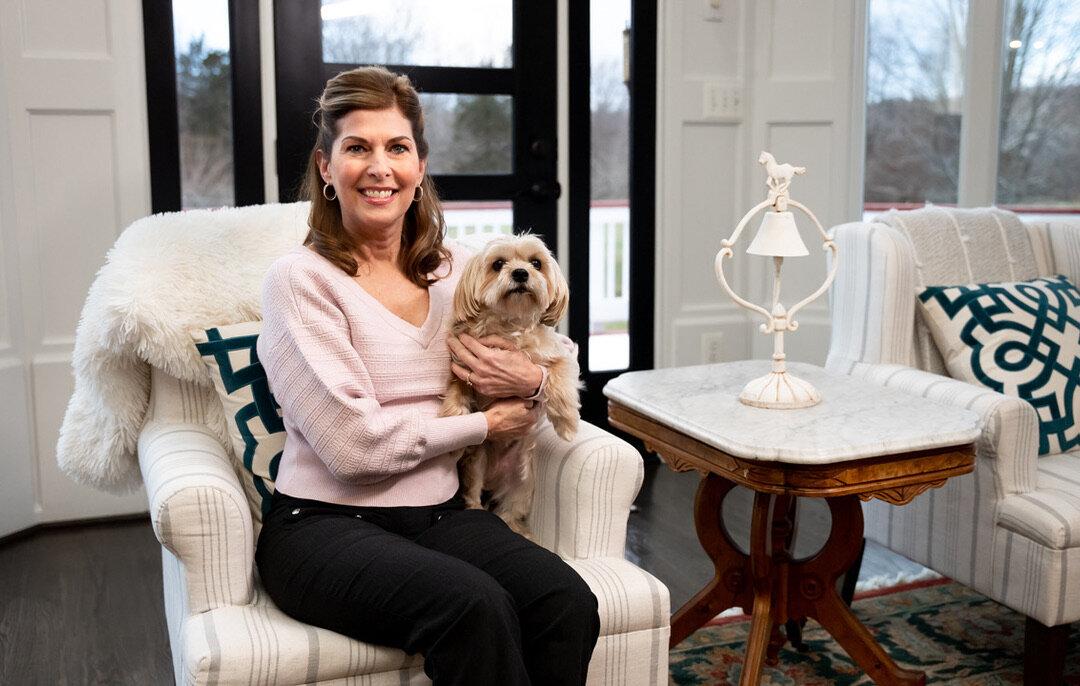“You can get information online,” investigative journalist Sharyl Attkisson says, “but trust your cognitive dissonance and talk to the people around you. You’ll get a whole different picture of what’s really happening.”
In this episode of “American Thought Leaders,” host Jan Jekielek talks about censorship and finding truth with Sharyl Attkisson, host of “Full Measure“ and author of “Slanted: How the News Media Taught Us to Love Censorship and Hate Journalism.”






